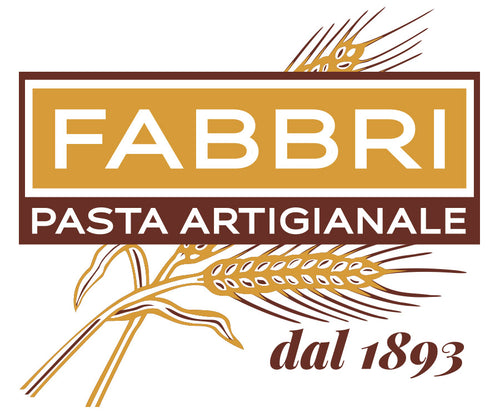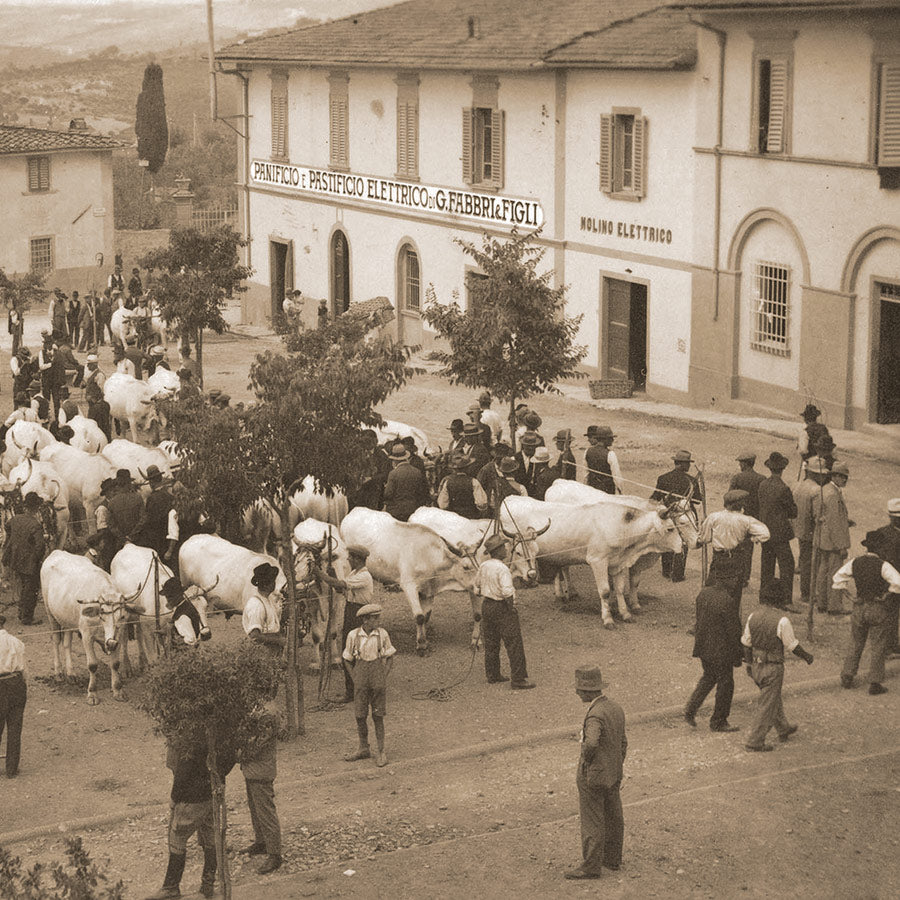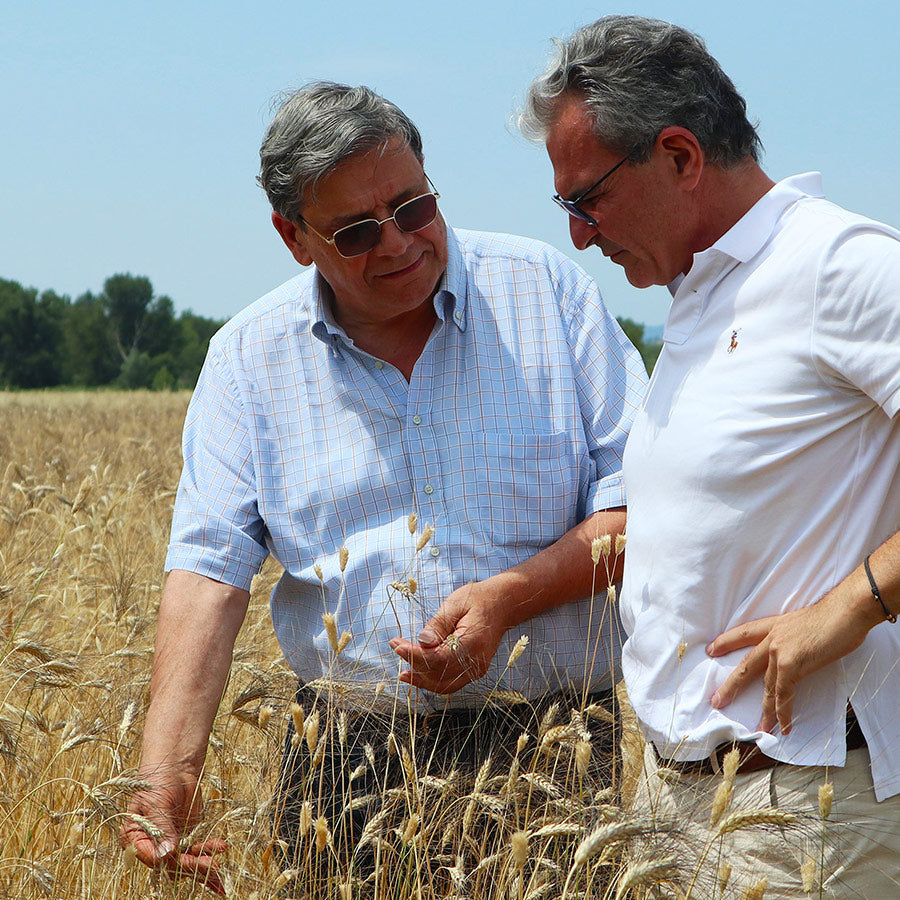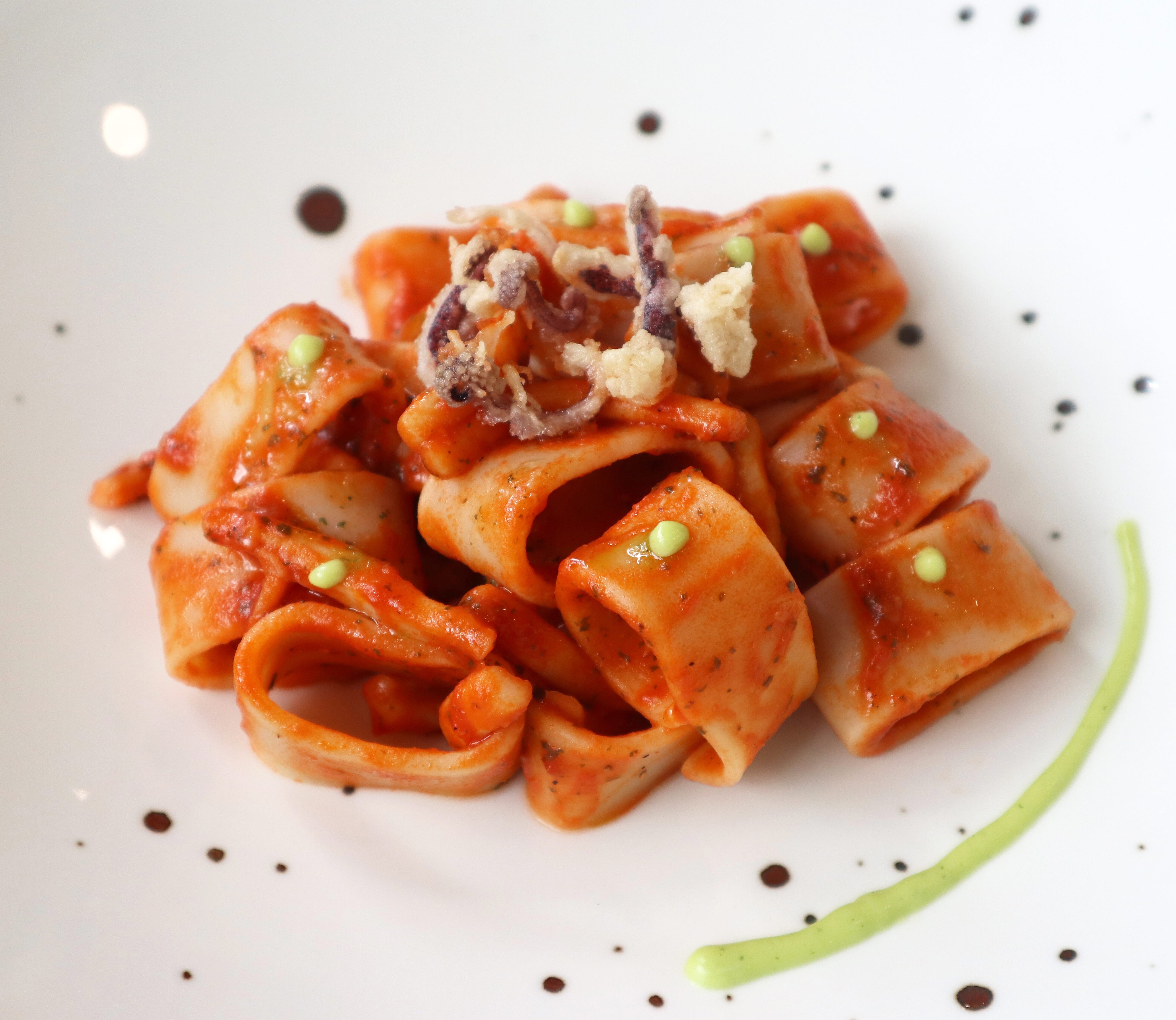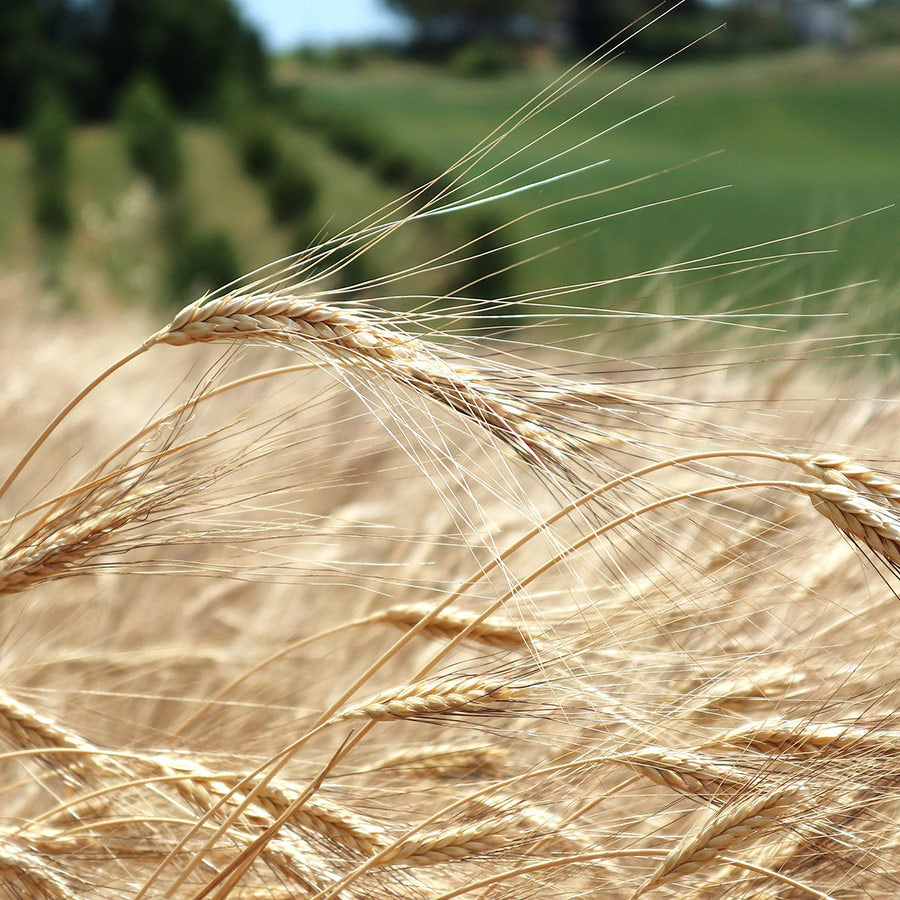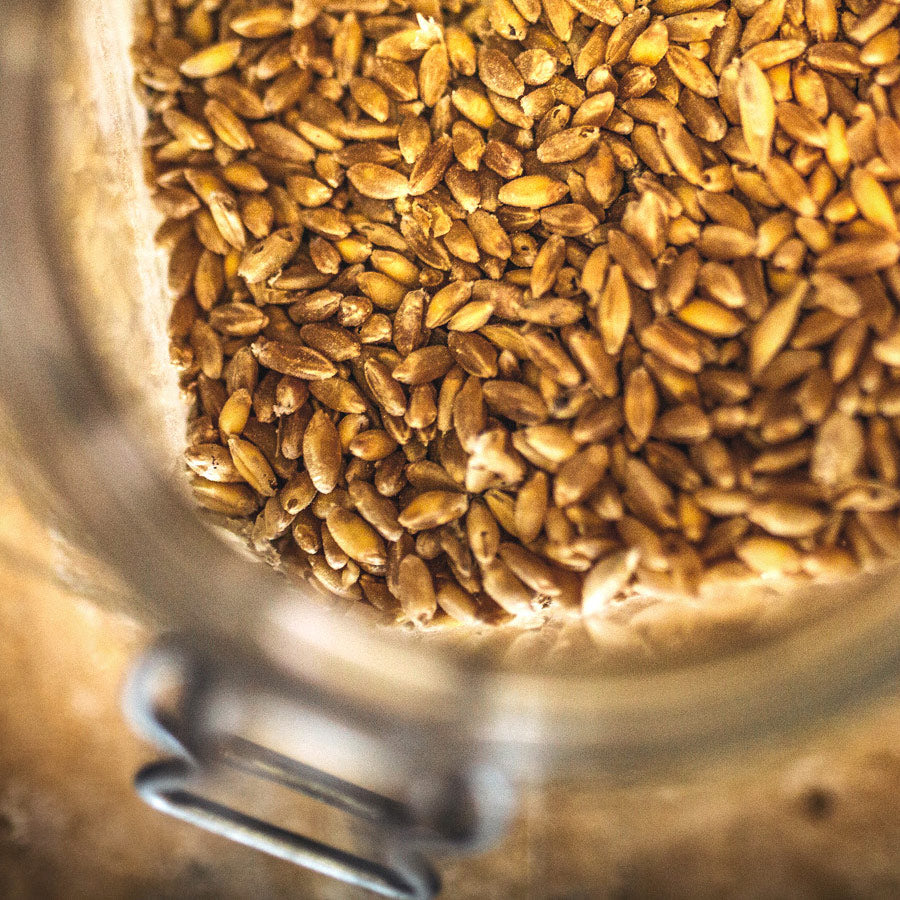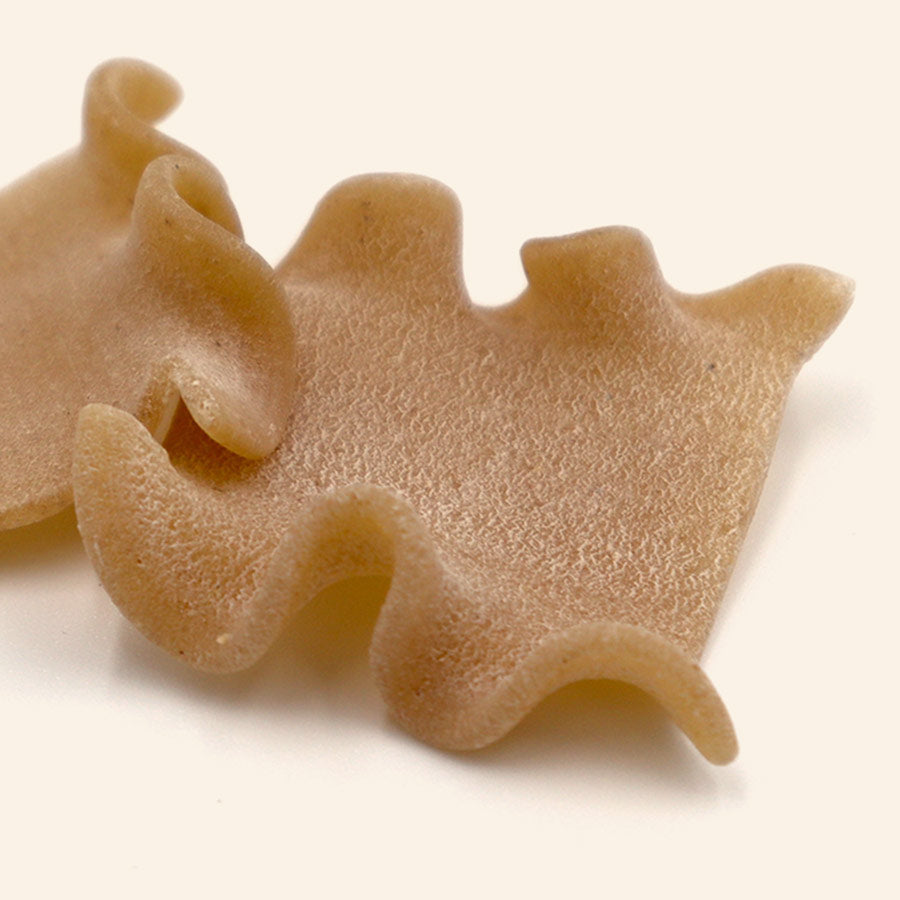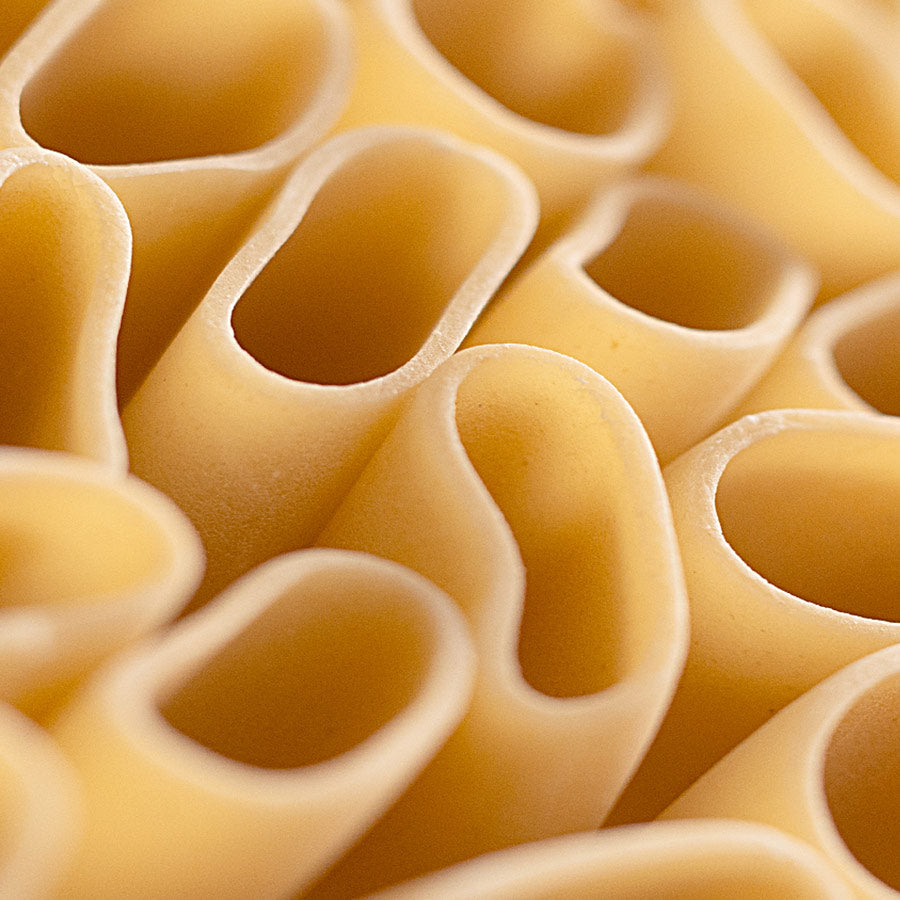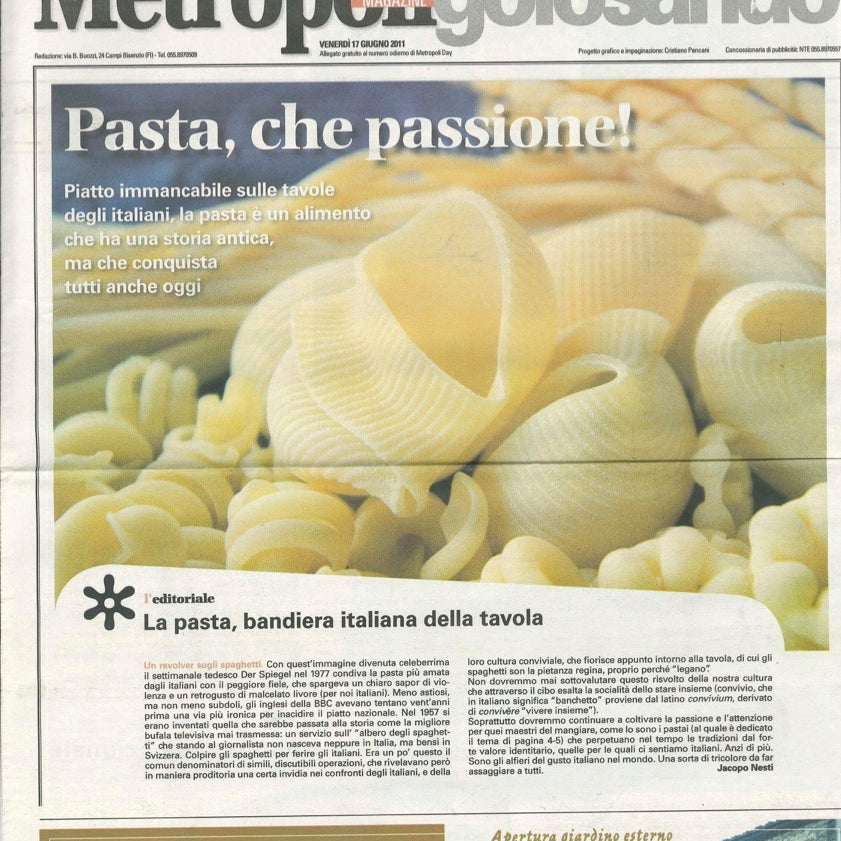The Fabbri pasta used for a research for the prestigious European Journal of Clinical Nutrition

“The present results suggest that a replacement diet with Kamut products could be effective in reducing metabolic risk factors, markers of both oxidative stress and inflammatory status”
European Journal of Clinical Nutrition – 9 January 2013 – Characterization of Khorosan wheat (Kamut) and impact of a replacement diet on cardiovascular risk factors: cross-over dietary intervention study
Pasta was prepared from the Kamut and durum wheat by the Pastificio Artigiano FABBRI s.a.s. (Strada in Chianti, Firenze, Italy) (Read the original article in PDF Here)
Contributors: Conception and design: F Sofi, A Whittaker, R Abbate, GF Gensini and S Benedettelli. Analysis and interpretation of the data: F Sofi, A Whittaker, F Cesari, AM Gori and R Abbate. Drafting of the article: F Sofi, A Whittaker, F Cesari, R Abbate, C Fiorillo and M Becatti. Analyses of biomarkers: F Cesari, AM Gori, M Becatti and C Fiorillo. Analyses of semolina and flour varieties: A Whittaker, I Marotti, G Dinelli and S Benedettelli. Critical revision of the article for important intellectual content: A Casini, R Abbate, GF Gensini and S Benedettelli. Final approval of the article: F Sofi, A Casini, R Abbate, GF Gensini and S Benedettelli. Statistical expertise: F Sofi and AM Gori.
Backgroud/Objectives: Khorasan wheat (Kamut) is an ancient grain with widely acclaimed beneficial effects on human health. The objective was to characterise Kamut and to examine the effect of a replacement diet with their products on cardiovascular risk parameters.
Subjects/Methods: We conducted a randomized, single-blinded cross-over trial with two intervention phases on 22 healthy subjects (14 females; 8 males). The participants were assigned to consume products (bread, pasta and crackers) made either from Kamut or control semi-whole-grain wheat for 8 weeks in a random order. An 8-week washout period was implemented between the interventions. Laboratory analyses were performed both at the beginning and at the end of each intervention phase.
Results: At a general linear model for repeated measurements adjusted for several confounders, consumption of Kamut products showed a significant reduction of metabolic risk factors such as total cholesterol (mean reduction: −8.46 mg/dl; −4%), low-density lipoprotein cholesterol (−9.82 mg/dl; −7.8%) and blood glucose. Similarly, redox status was significantly improved only after the Kamut intervention phase, as measured by a reduction in both thiobarbituric acid reactive substances (−0.17 nmol/ml; −21.5%;) and carbonyl levels (−0.16 nmol/ml; −17.6%). The replacement diet with Kamut products also resulted in a significant increase of serum potassium and magnesium. Circulating levels of key pro-inflammatory cytokines (interleukin (IL)-6, IL-12, tumour necrosis factor-α and vascular endothelial growth factor) were significantly reduced after the consumption of Kamut products.
Conclusions: The present results suggest that a replacement diet with Kamut products could be effective in reducing metabolic risk factors, markers of both oxidative stress and inflammatory status.
